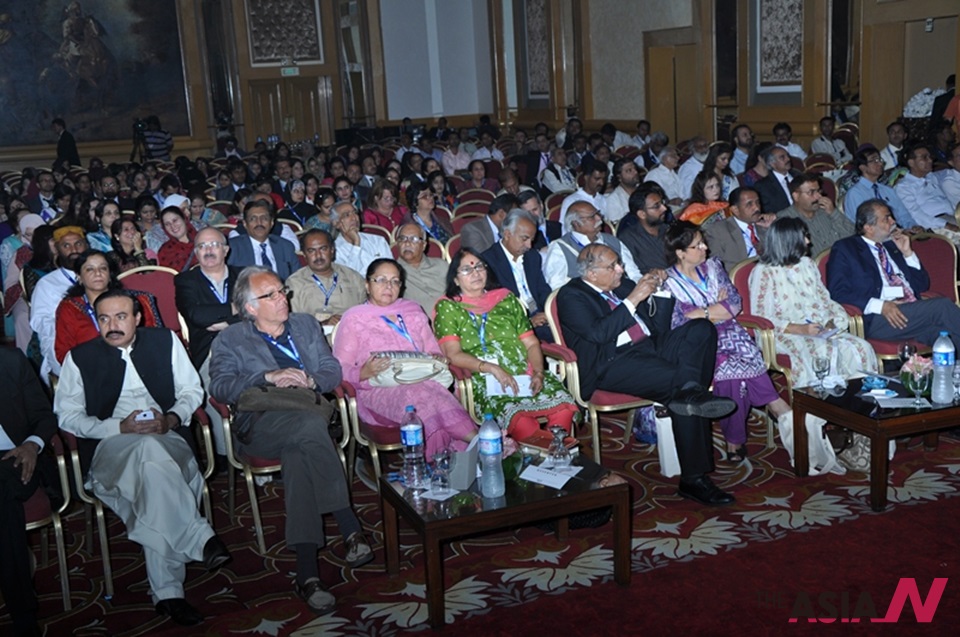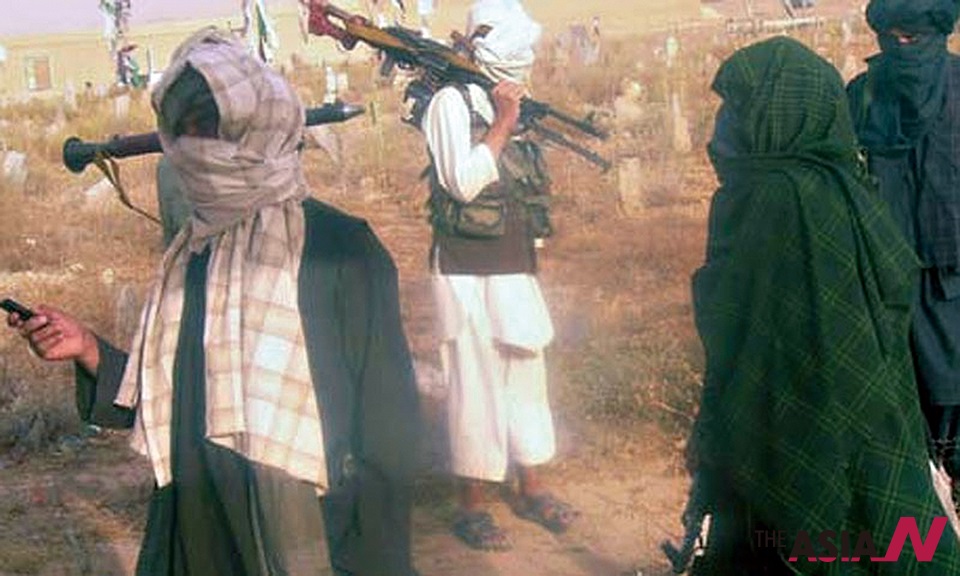
Pakistan produces more mullahs than doctors and engineers annually
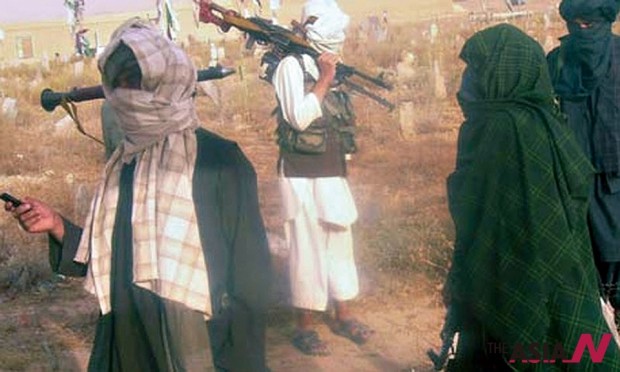
Although all the religious parties except two (Jamaat-e-Islami and Jamiat Ulema-e-Islam who could clinch a few seats in 342-member parliament) were rejected by the people of Pakistan in the general elections held in May this year, they are penetrating deep and deeper in the society by establishing thousands of seminaries across the country, producing around one hundred thousand Mullahs that outnumber the doctors and engineers produced by higher educational institutions annually.
In every street of small and big cities and towns of the country, one can see conversion of residential bungalows and other buildings into mosques and seminaries belonging to different Islamic sects. Even the residential areas are not spared as the religious organizations purchase the bungalows at a huge cost and turn them into a mosque-cum-seminaries. The residents of such areas do not dare oppose the religious parties’ plans being a very sensitive issue that could spark sectarian violence and endanger their lives. The residents keep mum while the Mullahs with their long beards and big tummies continue to roam about wearing colored turbans on their heads. The green, dark brown, white and black color turbans are symbols of their sects.
Nobody knows the exact source of funding of the religious organizations for establishing seminaries, but they are suspected to be funded by certain Muslim countries that are apparently friends of Pakistan. At the time of partition of the Indian subcontinent in 1947, there were 245 seminaries in this region, which now constitutes Pakistan. But with the passage of time, their number continued to grow every year. An official report of the federal interior ministry estimates the establishment of 120 seminaries on an average annually since the creation of Pakistan in 1947. Currently, there are 20,000 country-house seminaries according to official reports, but the unofficial reports contradict this number suggesting 40,000 and enrollment is said to be 1.7 million.
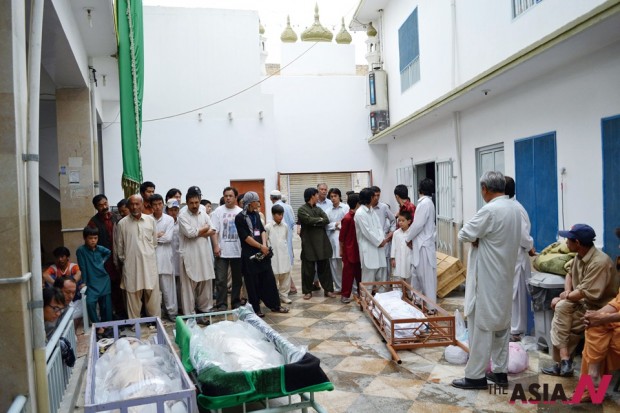
Punjab, the largest province of Pakistan, tops the list, as a large number of seminaries are operating there especially in its southern part. Sindh Province follows Punjab, as a recent report based on a survey and released by provincial authorities revealed that 12,545 seminaries are operating in the province and of them 2,161 seminaries have been declared dangerous due to active involvement in the spreading of militancy, sectarian divide and hate.
A more surprising fact is that 74 percent of the total seminaries exist in the urban areas of Sindh like Karachi, the largest city of the country located on the coast of the Arabian Sea, and two other cities Hyderabad and Sukkur. At least 8,191 seminaries opened in Sindh after 9/11. The startling fact is that 67 per cent of the total number of seminaries in Sindh is run by people who are outsiders belonging to Khyber Pakhtoonkhaw Province and Federally Administered Tribal Areas bordering Afghanistan, the official report says. The most alarming aspect of the study is that the areas with the highest concentration of seminaries are the focal points of sectarians. Citing the example, the report says that 74 percent of all sectarian killings took place in Karachi.
The population of seminary students in Sindh alone is said to be around 150,000 according to the government report, but unofficial reports say that their total enrollment exceeds 250,000. The number of foreigners studying at these seminaries is stated to be over 11,000. The number of seminaries in Khyber Pakhtoonkhaw and Balochistan provinces is surprisingly less than that in Punjab and Sindh.
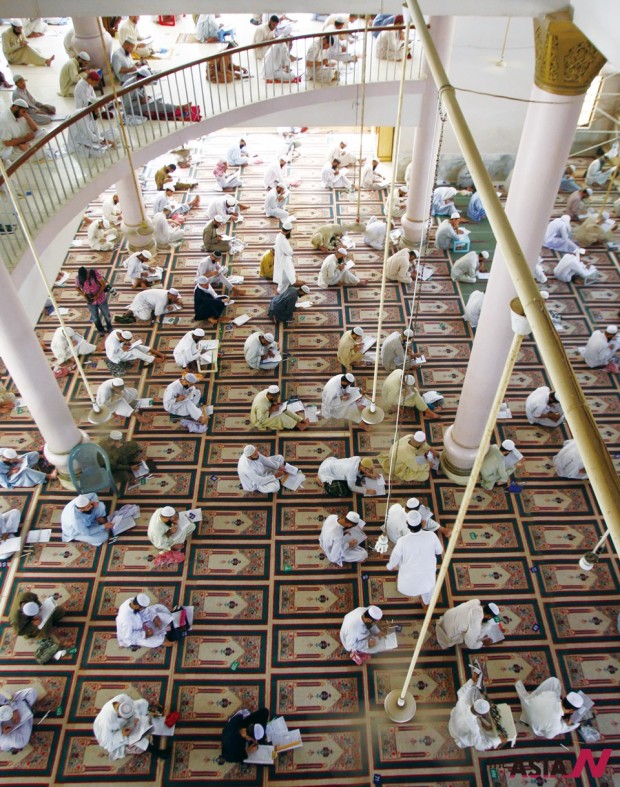
Child abuse cases debunked
The traditional seminaries in Sindh in olden days were completely different from the present ones, as both the teachers and students of seminaries depended on meals two times a day given to them by the citizens. The seminary students used to collect the food daily by going door to door. The seminaries were made of un-baked mud-bricks giving them a poor and simple look, but now huge costly buildings have been erected and the food is cooked inside those buildings.
The governments at federal as well as provincial level had enforced the law, making it mandatory for seminaries to get registered, but the religious organizations opposed this and continued operating seminaries in violation of the law. That law also prohibits teaching and publishing any literature that promotes militancy, sectarianism and spreads hatred. The seminaries had to present their accounts for audit, as most of the mullahs heading the seminaries were seen buying and travelling in luxury vehicles costing not less than 5 million Pakistani rupees (50,000USD). None of the seminaries had their accounts audited. A very few seminaries are registered with the government under a law enforced by former Dictator Gen. Pervez Musharraf, who wanted to regulate the seminaries.
An officer of the Interior Ministry of Sindh Province disclosed that there were certain cases of keeping seminary students chained. “The parents enrolled their kids in seminaries, but the mullahs kept them chained so that they do not run away. We recovered several chained boys,” he said.
The mushroom growth of seminaries in the country is a main cause of concern for the government, citizens and civil society organizations, as the majority of sectarian terrorists use these seminary networks not just to hide, but to recruit, pick and train the Taliban.
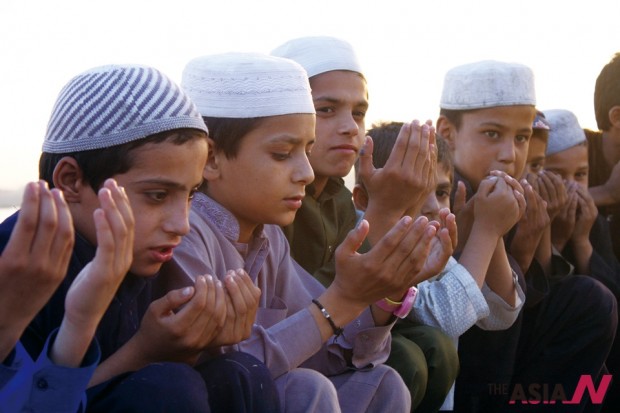
A former Director General of Inter Services Intelligence (ISI), the nation’s spy agency, Lt. Gen. Hameed Gul, who claims to be a hero of the Afghan war against former Soviet Union when so-called Mujahideen (fighters) were trained and sent to Afghanistan, has admitted that these seminaries were used to provide recruits to the Taliban militia. These seminary students are also used for holding demonstrations and carrying out rallies that often turn violent during which public and private properties including gas stations, cinema houses and other buildings are ransacked and set ablaze.
Proliferation of militancy, sectarianism
Certain media reports also revealed that hundreds of seminary students from tribal areas of Balochistan Province are engaged by Afghan poppy growers for poppy cultivation and harvesting in Afghanistan. The seminary students are sent for three months every year to two major heroin-producing provinces of Helmand and Kandahar of Afghanistan for this purpose. These Pakistani seminary students rush to the Afghan provinces with strongholds of the Taliban on lucrative money-making projects as soon as their seminaries are closed in the first week of June for the three-month summer holiday.
“It is a source of easy money for seminary students,” says Saifur Rehman, a local social worker in the Ziarat town of Balochistan who is well acquainted with many in the poppy harvesting workforce.
“Each student makes around $15 to $20 a day,” he revealed. “They are being paid in the local Afghani currency,
which has gained strength against the Pakistani rupee in recent months,” an English newspaper quoted him saying. “Most students returned home with $1,500 to $2,000 after the harvesting season last year.”
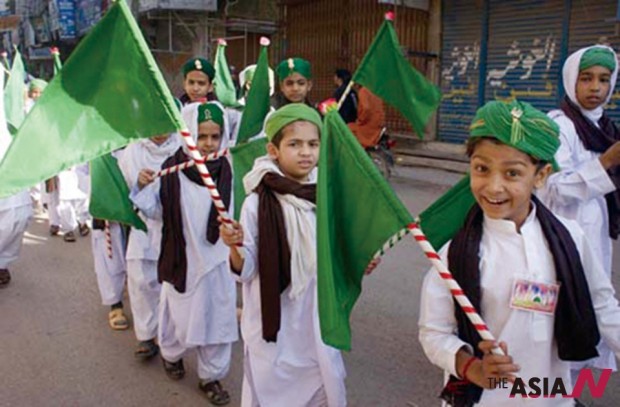
“A few of the workers even fell unconscious during harvesting since they were not properly trained for the job,” Rehman said.
The religious leaders and seminary mullahs however deny their involvement in terrorism and other subversive activities. The Jamaat-e-Islami, Jamiat Ulema-e-Islam and other religio-political parties, which had been operating their own seminaries despite the contesting parliamentary election claims that they are struggling to enforce the Islamic system of government in the country. They condemn acts of terrorism, but at the same time show leniency towards Taliban terrorists.
According to religious parties, the students at the seminaries are being imparted modern education like computer training in addition to religious education. Their seminaries have formed five Federations of Seminaries of different sects locally called Wafaqul Madaris, which conduct annual examinations and issue degrees to the graduates. The operators of these seminaries had a long standing demand that their degrees be recognized by the government and that seminary graduates be eligible for jobs.
In view of the bleak future of seminary graduates regarding government jobs and other employment sectors, some of the seminaries have introduced English language courses. The USAID is also funding some projects for teaching English language in the seminaries in Khyber Pakhtoonkhaw Province. These efforts are appreciated by civil society, but there is still a long way ahead to completely transform the seminaries. However, proliferation of extremism and militancy through seminaries is much faster than these efforts.



